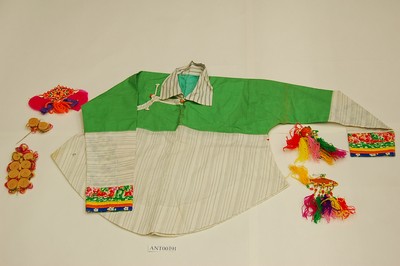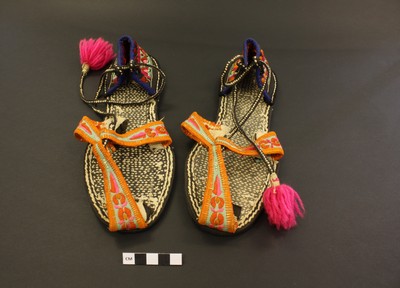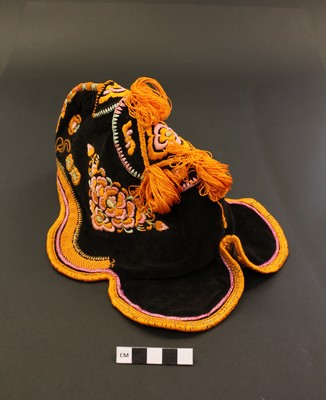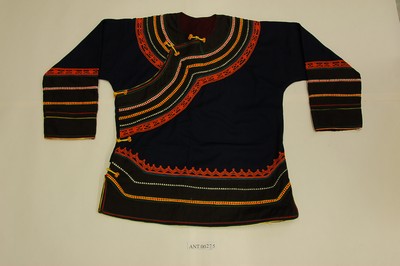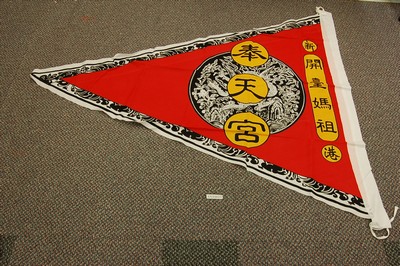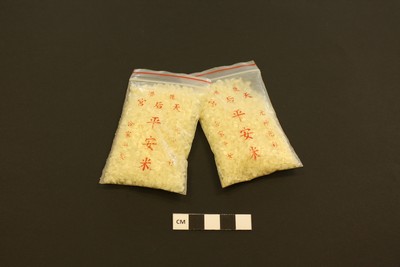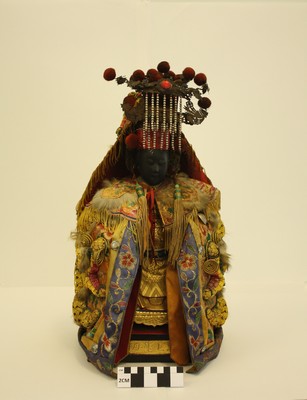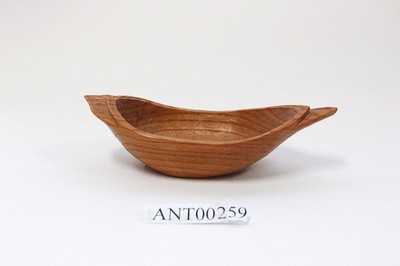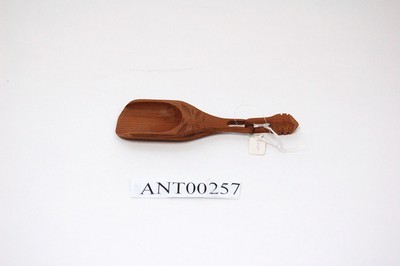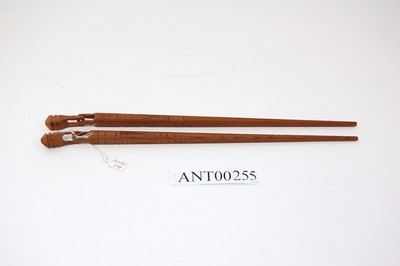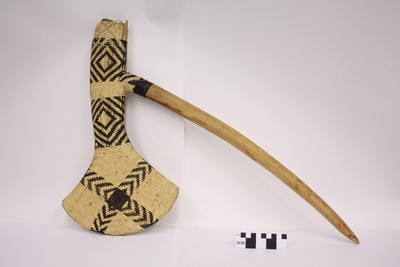PAST FeatureS (2014)
Text: Lam Ka Lok
Edit: Prof. Maria Tam
Anthropology was first taught at CUHK in 1973 under the Board of Studies in Sociology. From 1977, the Anthropology Section of the Sociology Department began to offer a minor programme. Anthropology was officially established as a department in 1980, offering both major and minor programmes to undergraduates. The department started to offer an M.Phil programme in 1987 and Ph.D. programme in 1992. In 1998, the M.A. taught programme in Anthropology was introduced.
The Department of Anthropology at CUHK has been developed as an internationally recognized education and research centre for culture and identity. Students could receive the anthropological training systematically by studying in our undergraduate and postgraduate programmes. A wide spectrum of courses are offered in the department, including the social, political, economic and religious system in the Chinese society, the International urban culture in Hong Kong and Asia, the archaeology and cultural heritage in East and South-East Asia, and the comparative research on gender and immigrant culture in the global society. The curriculum gives students opportunities to observe and participate in various intercultural issues, and cultivates their multi-dimensional thinking, in-depth analytical and problem solving skills.
Faculty and student interests cover a range of anthropological fields, the researches are mainly in the field of sociocultural anthropology, archaeology and cultural heritage study. When the department was just established in the 1980s, most of the research targets were the ethnic culture and relationship in mainland China, for example, the marriage customs of Hui'an women in the Southern Fujian and the sociocultural changes in the Samei case in Yunnan. In the 1990s, with the expansion of the department and the faculty, the research area was extended to the East Asia, like the study of the Tianhou/Mazu culture in the South China cultural sphere and the modernization in Japan and Ainu Culture in transition. Nowadays, the current research reflect the intensive interaction between different people and cultures under the impact of globalization. Recent projects include the case study of Chungking Mansions and the “Low-end Globalization”, the Crayfish Farming in Chinese and American Culture, the Chinese immigrant community in Southeast Asia and Australia, the cross-border marriage and family structure in Hong Kong and Mainland China, and the Pilipino female migrant workers in South Korea.
文: 林嘉洛
編輯: 譚少薇教授
香港中文大學於1973年開設立人類學課程,隸屬於社會學系。人類學分部在1979年開始提供副修課程。1980年,人類學系正式設立,為中大本科生提供主修及副修課程。1987年,學系開辦了人類學哲學碩士課程,並於1992年設立博士課程。1998年,學系増設人類學文學碩士修讀課程。
香港中文大學人類學系成立三十多年來,已經發展為一個國際認可的社會文化教研中心, 提供本科與研究生課程。學科包括華人社會政治經濟與宗教制度、香港與亞洲的國際和都市文化、東亞和東南亞地區的考古與文化遺產,以及全球社會性別與移民文化的比較研究等內容。課程以跨文化的洞察與體驗為基礎,培養學生的多維思考與視角,以及深入探討和解決問題的能力。
老師和學生的研究興趣廣泛,涵蓋人類學的多個領域,尤其以社會文化人類學、考古、與文化遺產研究為主。在創系初期的二十世紀八十年代,研究對象主要為中國內地的民族文化與關係,例如閩南惠安女不落夫家婚姻型態,以及雲南撒梅族的社會和文化變遷。踏入九十年代,隨著教學與科研團隊的壯大,研究範圍擴展至東亞地區,如華南媽祖崇拜研究以及日本現代化與阿依努族文化轉型等。今天,全球化之下的人與物交流越發緊密,也反映在學系的研究方向,例如以重慶大廈為低端全球化的個案研究、淡水小龍蝦養殖在中美文化間的漣漪效應、東南亞與澳洲的華人移民社區、中港跨境婚姻與家庭結構、以及南韓的菲律賓女性移民工等。
展品

